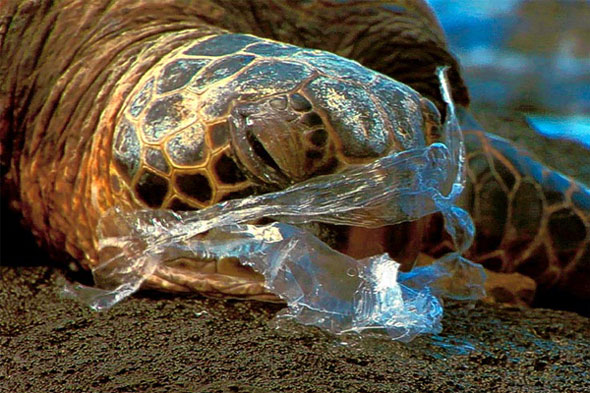The African Development Bank (AfDB) says there is the need to take action against plastic pollution in Africa.

The bank made the call in a statement signed by its Communication Officer, Climate Change and Green Growth Department, Mrs Sonia Borrini, on Sunday, June 3, 2018 in Abuja.
The News Agency of Nigeria (NAN) reports that the call is coming on the heels of the 2018 World Environment Day slated for June 5, with the theme: “Beat Plastic Pollution’’.
According to the bank, it aims to celebrate the World Environment Day (WED) 2018 and the World Ocean Day (WOD) by raising awareness of its own staff as well as engage key partners.
“Every year, 500 billion plastic bags are used around the world, 13 million tonnes of plastic leak into the ocean and 17 million barrels of oil are used on plastic production.
“About 100,000 marine animals are killed by plastics and 83 per cent of tap water are found to contain plastic particles.
“This is alarming and dangerous to the environment.
“In particular, it is impacting the ocean, which is the lungs of our planet, providing most of the oxygen we breathe, major source of food and medicines and a critical part of the biosphere,’’ AfDB said.
AfDB said it would join the rest of the world to celebrate the “World Environment Day’’ on June 5, as well as the “World Ocean Day’’ on June 8, with focus on “Preventing Plastic Pollution and Encouraging Solutions for a Healthy Ocean.’’
It said through this initiative, the bank was reconfirming its commitment to playing a leadership role in ensuring environmental sustainability while supporting economic prosperity and social inclusion in Africa.
According to the Bank, WED 2018, is a call to action for Africa to come together to combat plastic pollution, one of the greatest environmental challenges of our time.
It said the celebration would afford stakeholders the opportunity to consider how they could make changes in their everyday lives to reduce the heavy burden of plastic pollution on the natural and human environment.
The bank said that the use of plastic had severe environmental and health consequences.
By Suzzy Tolofari
